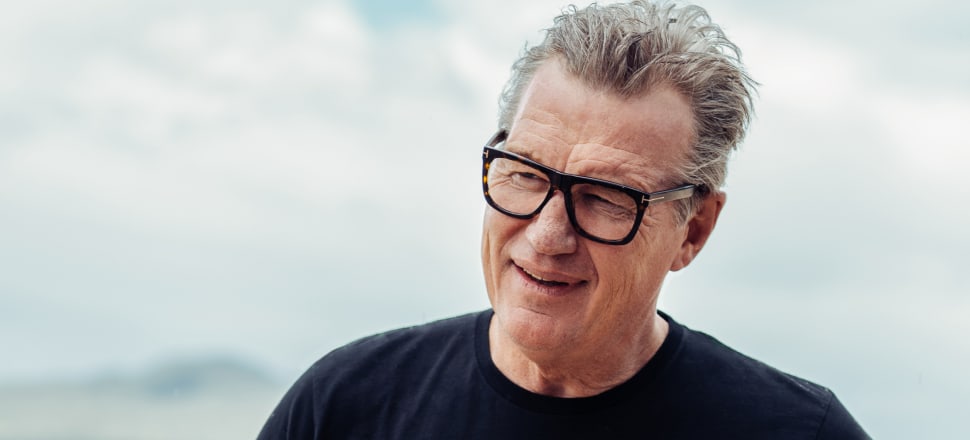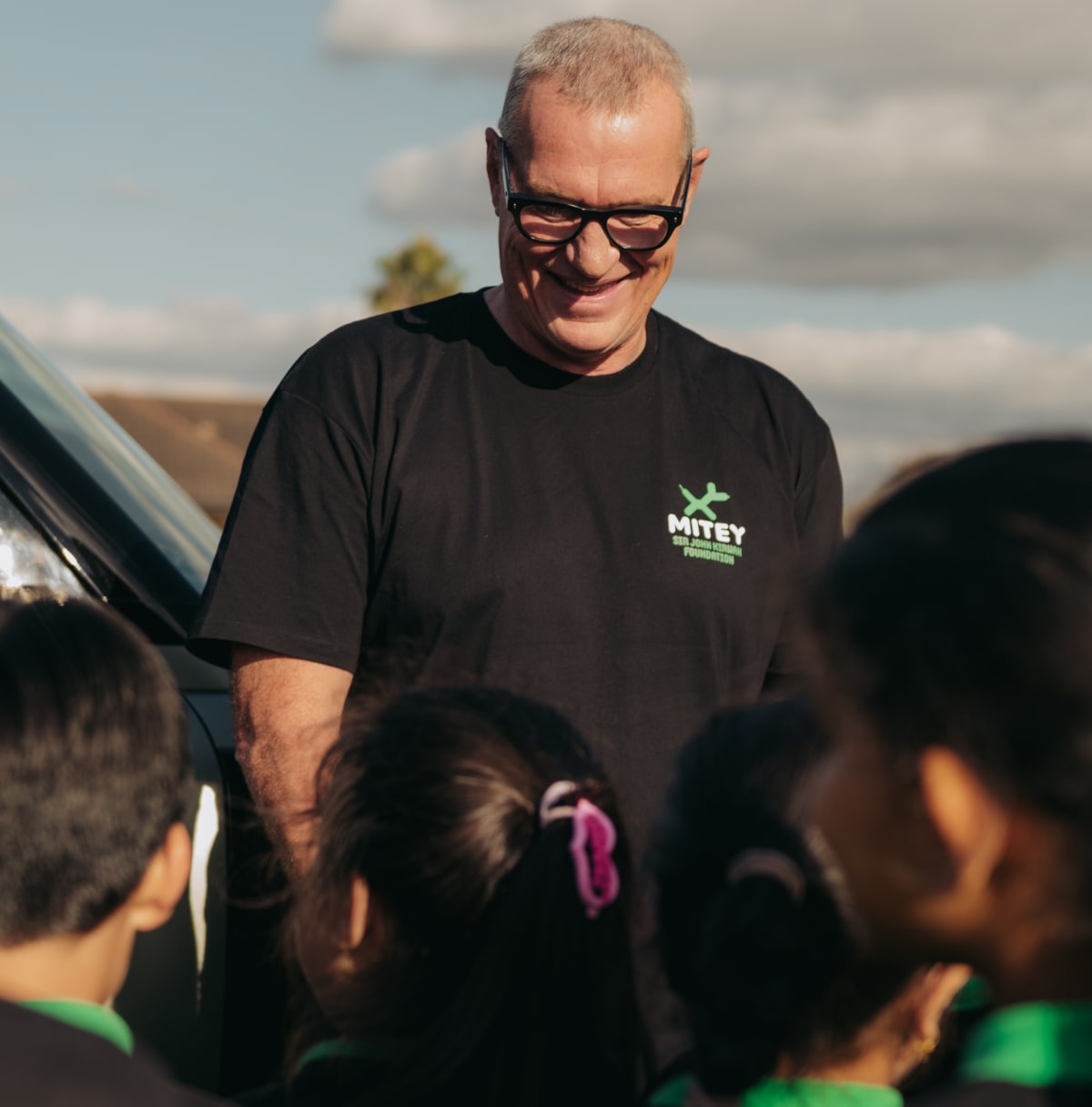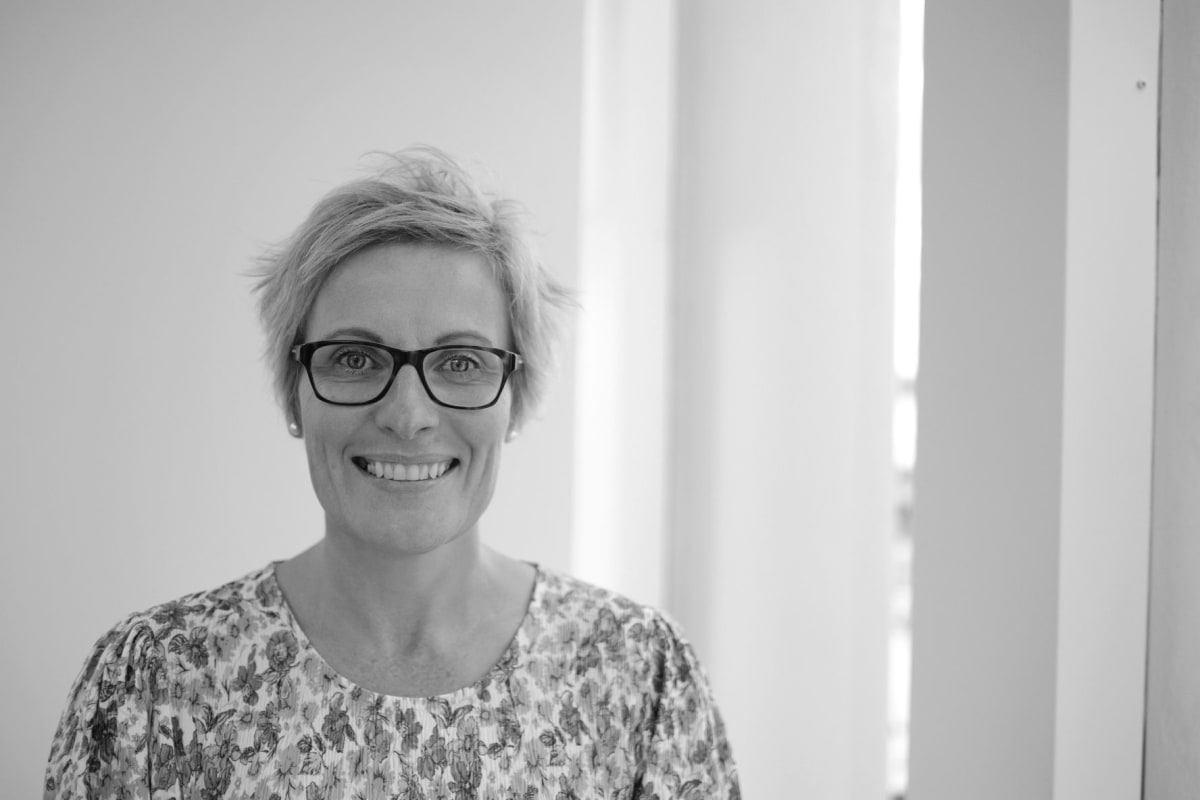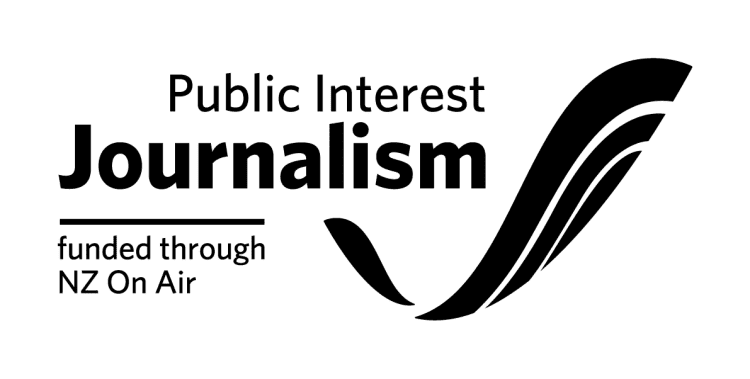
School-aged children in the south are increasing their emotional literacy and talking about the tough stuff thanks to a rugby star’s commitment and a Southland teacher’s persistence
Belinda Brown was a teacher with two decades of classroom experience when she heard Sir John Kirwan talk at a Winton pub about his ambitious plans to turn around New Zealand’s sorry youth-suicide statistics.
“I have a real interest in mental-health education as a teacher and mother and because of my own mental-health journey, so my ears pricked up,” says Brown.
“I kept inquiring about when he would bring his plans to Southland.”
Kirwan was talking about the beginnings of Mitey, which supports schools to deliver an evidence-based approach to mental-health education for pupils from years 1 to 8.
First piloted in Auckland schools in 2020 and aligned with the New Zealand curriculum and mental-health education guidelines, Mitey lets children learn about mental health as they would maths and reading.
The free programme designed by the University of Auckland, teachers and clinicians and developed by the not-for-profit Sir John Kirwan Foundation is used by 120 schools and 44,000 students.
The goal is for it to be in every school.
To get the ball rolling in Southland, Brown gauged interest by talking to a dozen principals and funders such as the Invercargill Licensing Trust.
She convinced Kirwan’s foundation to pilot Mitey at Limehills School in Central Southland where she was teaching part-time.
Nearly two years on Brown is Mitey’s dedicated coach in Southland, which has taken to the programme more than any other region outside Auckland.
By the end of next year it will be in 28 of the province’s schools and there is a waiting list for 2025.
Life’s tough
Invercargill’s Waverley Park School was part of Mitey’s first Southland signing wave.
“Society is a tough gig for kids these days,” says principal Kerry Hawkins.
“For a percentage of kids, school is the only oasis of calm in an otherwise fairly chaotic life.”
Eighteen months in Waverley is seeing success with students being able to identify their emotions and talk about challenges.
This includes a couple of students who were struggling with family break-ups that the school suspected involved domestic violence.
Hawkins says Mitey gave the children the courage to talk about it.
“Often for kids family violence is part of the secret that they have to keep,” he says.
Hawkins believes Mitey should be in all schools.
“Given the size of New Zealand’s mental-health problem, hell yes,” he says.
More students starting school have challenges, says Hawkins.
“Today’s five-year-old starting school has had a lot of screen time that their predecessors didn’t,” he says.
Their verbal language is delayed because they are engaging in something highly visual and haven’t had the conversations and discussions of previous generations, says Hawkins.
Unused to interacting with others in person, they often overreact in such situations as losing a game.
“They haven’t had to worry about the consequences for others in the online environment,” he says.
Many children have a limited range of words to describe their emotions, says Hawkins.
“They might talk about being happy, sad, mad or angry – maybe upset – and that is about it.
“If you consider there are more than 20 words to describe snow and we are down to about half a dozen to describe emotions, we need to do better,” he says.

Mitey equips children to recognise emotions, name them accurately and deal with them.
Hawkins says it creates the opportunity for kids to grow, learn and develop.
“I think its biggest promise – helping kids going into adolescence and adulthood to have a better understanding of mental health and self-management – is yet to be delivered.”
Otatara School principal Sharon Livingstone puts Mitey’s effectiveness down to the quality of the learning materials, the programme’s structure and Brown’s superb coaching.
Mitey interested her because it is based around hauora, the Māori philosophy of health and well-being, she says.
It also recognises the importance of mental health and well-being for the whole community and destigmatises mental illness, says Livingstone, making it “everybody’s business”.
Upskilling
Brown says Mitey gives kids the skills, knowledge and understanding to nurture their mental health before they get to the often tricky high-school years.
“We are not the ambulance at the bottom of the cliff.
“We support teachers delivering mental-health education through fun, gorgeous picture books and activities that get kids up and involved.”

Many positive stories are coming out of Southland’s Mitey schools.
One principal reports fewer playground incidents as students begin to solve their own problems, says Brown.
Another says a student who was struggling at home approached a teacher to say “he felt like he needed to talk to someone like a counsellor for extra support”.
The impressed teacher said it was a major step for the child, who is now doing well, to seek help.
Sir John Kirwan Foundation’s Nikki Flexman says the former All Black star established the organisation because he wanted New Zealand to have the best mental health in the world.
“What became evident is we needed to engage and educate primary-school-aged children about mental health.
“If we didn’t we risked failing the next generation at the start of their lives,” Flexman says.
It’s rewarding seeing what Mitey can achieve, she says, but frustrating not being able to spread the programme around the country as fast as they would like.
Made with the support of the Public Interest Journalism Fund








